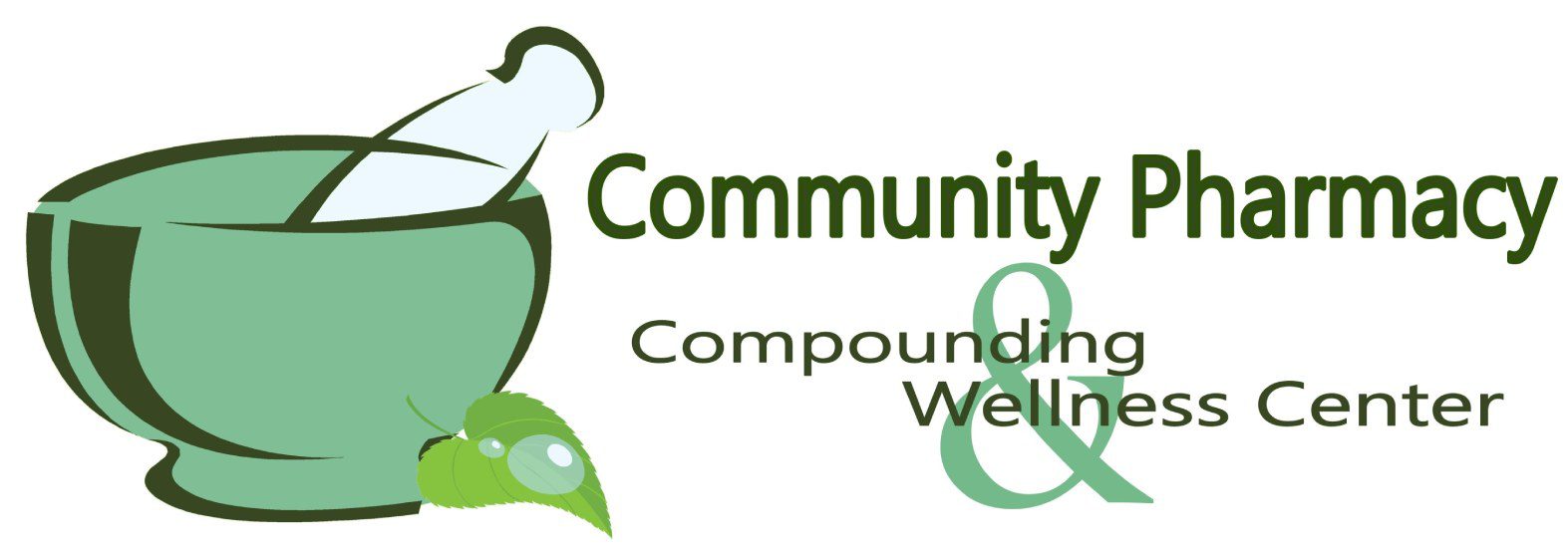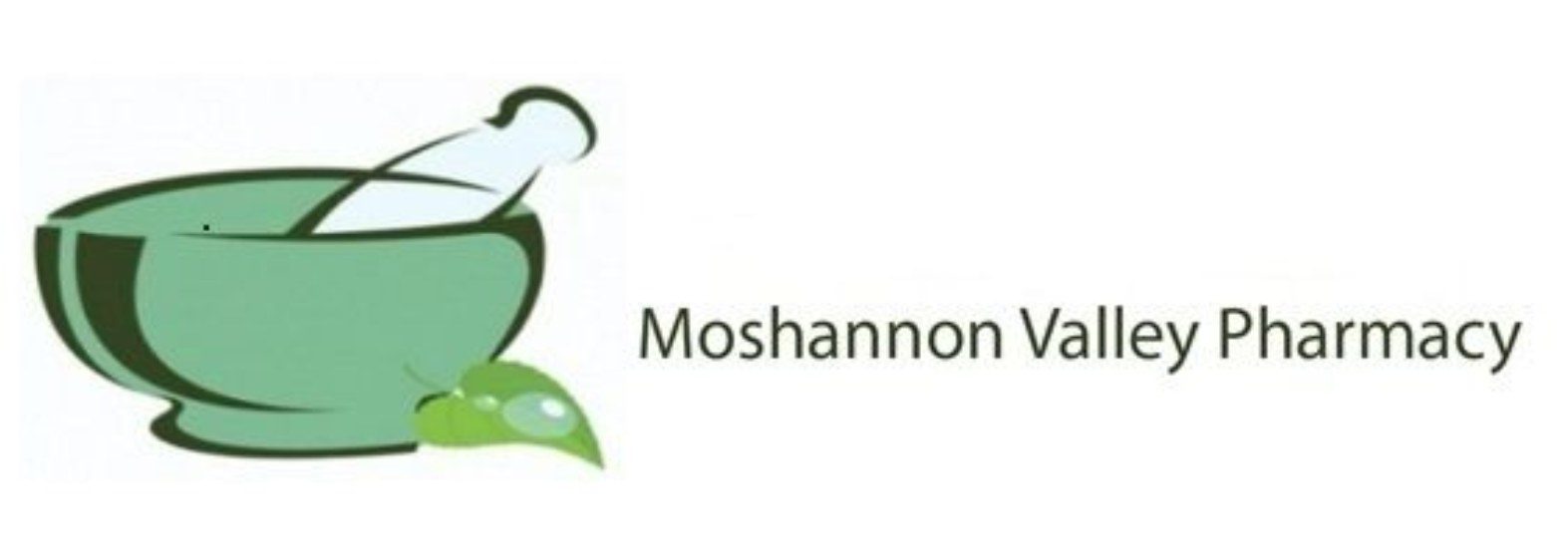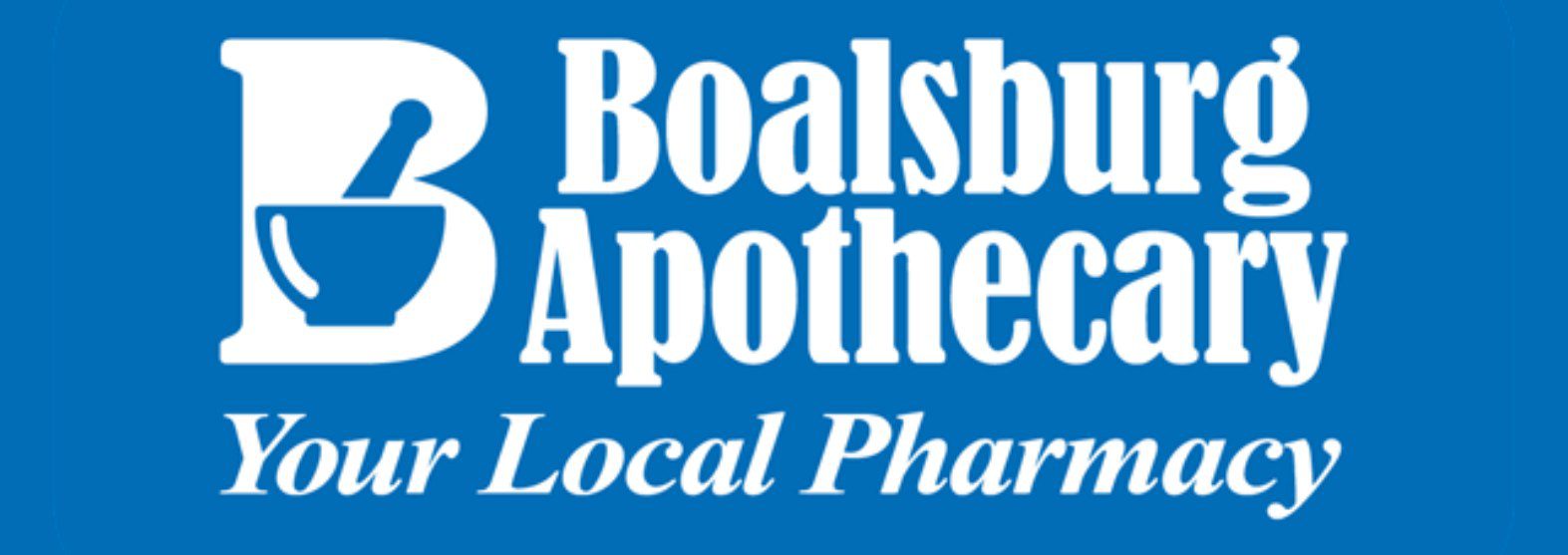The Art and Science of Custom Prescription Medications
Compounding is the art and science of custom-making prescription medications specifically for patients and their unique needs. The pharmaceutical industry offers a one-size-fits-all approach to medicine. Compounding provides alternative treatment options that can help improve patient outcomes. We specialize in customizing medications to meet the needs of each individual patient. We can work with your doctor, veterinarian, or other health practitioner to prepare a medication that is just right for you or your pet!
Our state-of-the-art compounding facilities contain the latest technologies to provide you with the highest-quality compounds. Our pharmacists and technicians have received extensive training in specialty compounding and nutrition in order to provide you with the best information and the highest-quality compounds to promote your wellness. We are proud members of PCCA (Professional Compounding Centers of America) and use Eagle Analytical to periodically test the quality of our compounded products.


Compounding is a great option for people who:
Compounded medications can be used for the following purposes:
A healthcare provider must prescribe a compounded medication. All compounding pharmacies, as is the case with all pharmacies, are required to operate under the governmental oversight of the state board of pharmacy and in compliance with applicable regulatory bodies.



